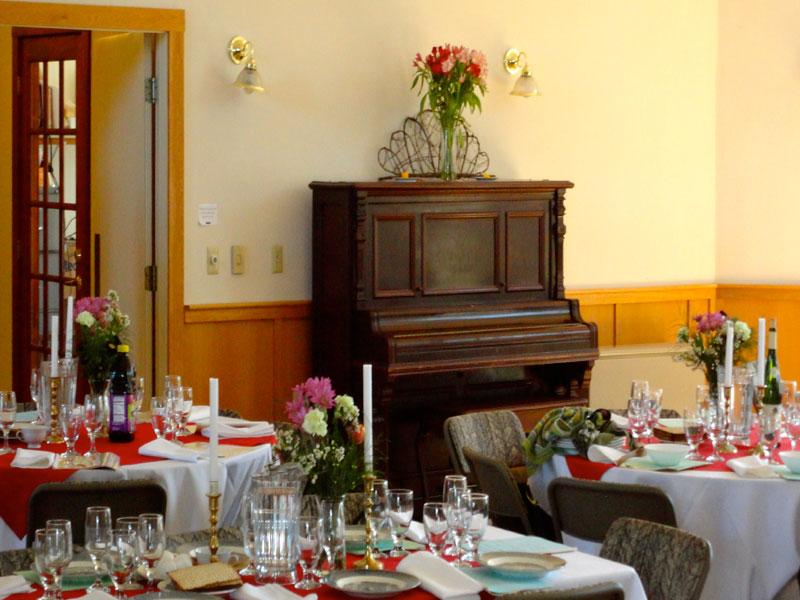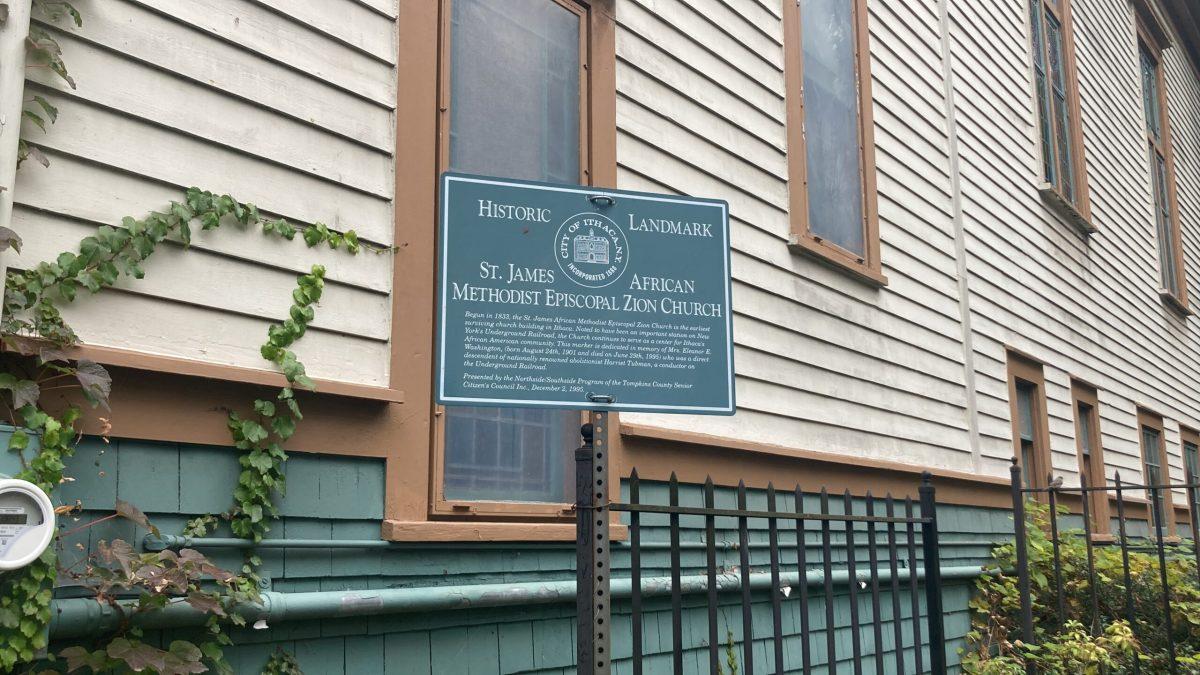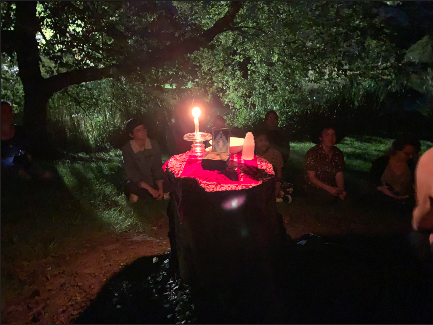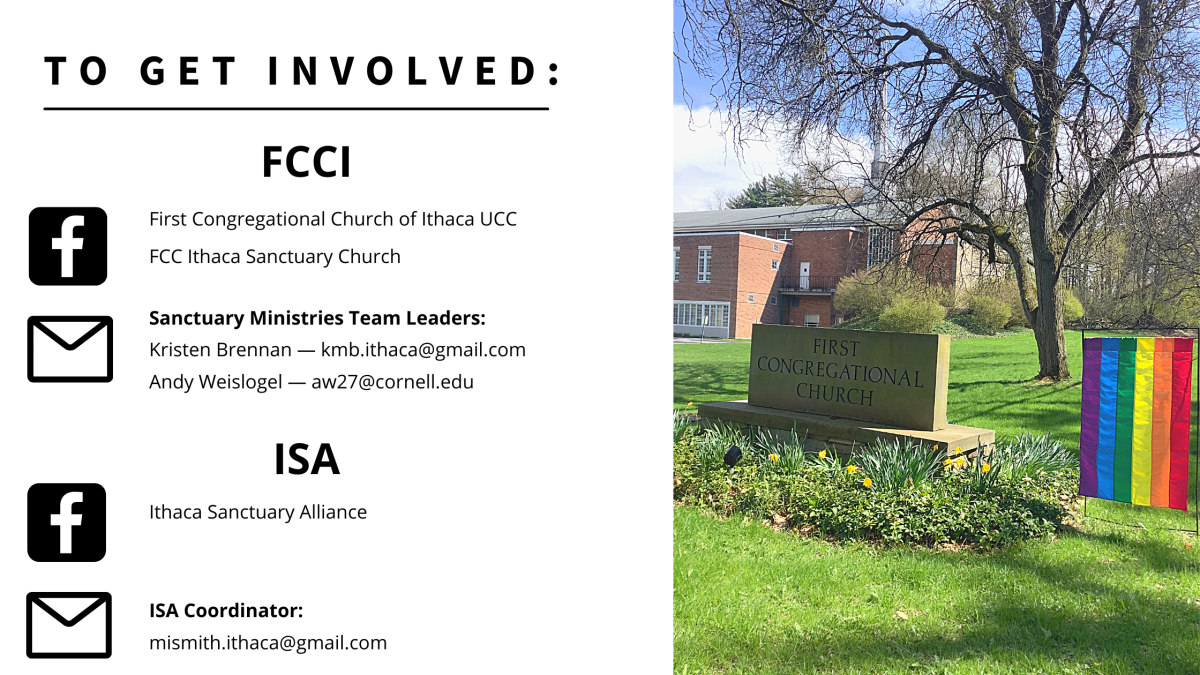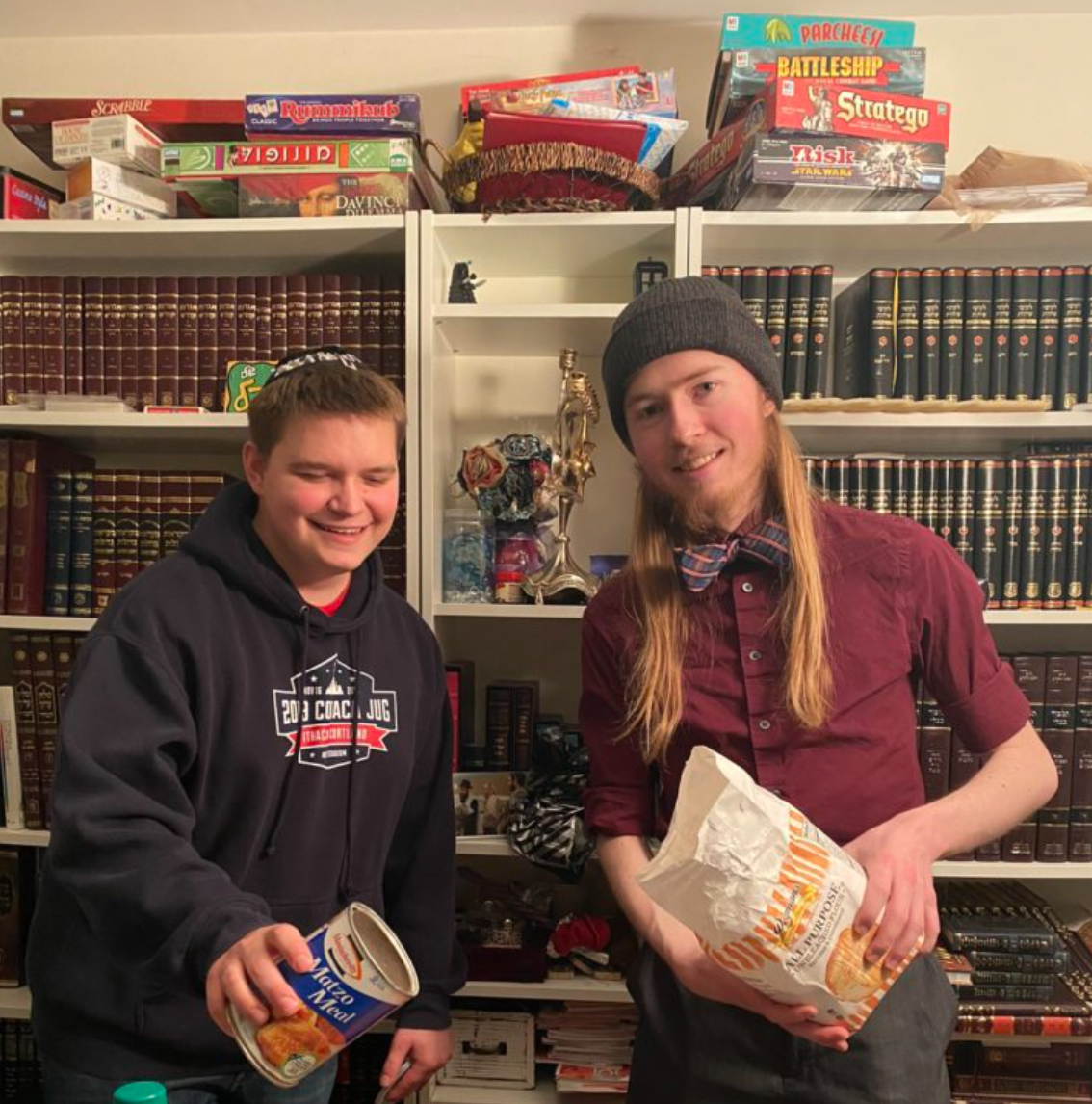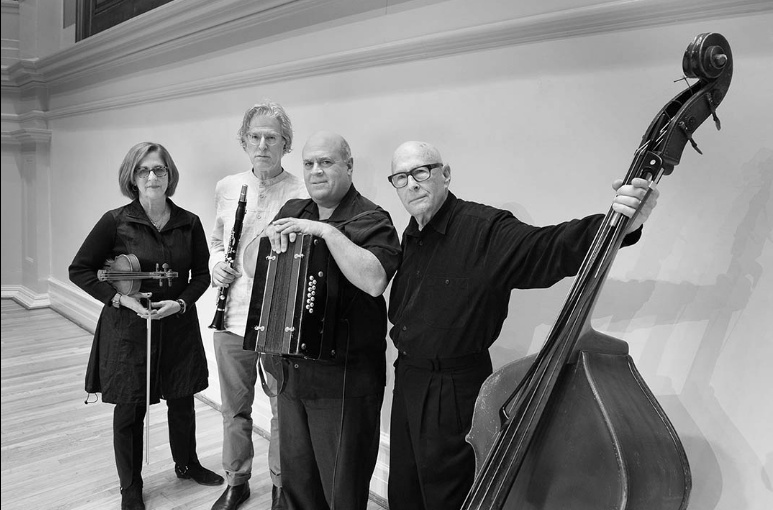Kol Haverim, a community celebrating secular humanistic Judaism in Ithaca, NY, attracts a wide range of people – some Jewish, some not – who are interested in celebrating the cultural aspects of Judaism, rather than the religious.
The community is a way to identify with the Jewish past, said Jonathan Joseph, the Vice Chair of Kol Haverim, but this does not necessarily require anyone to believe in a God.
“I think technically to be a humanistic Jew, you don’t necessarily have to be an atheist so much as to not believe in an active type of God that doesn’t participate in things,” Joseph said.
Denise Handlarski, a Rabbinic candidate and Ph.D., defines humanistic Judaism as a culture, not necessarily a religion.
“Humanistic Judaism sees Judaism as a culture and a peoplehood, so rather than prayer we celebrate community and celebrate the holidays and learn the human values and lessons,” Handlarski said. “There’s a profound belief that there are problems in the world and it’s up to humans to solve their problems.”
Kol Haverim has about 25 families who are members of the group and many others that participate in the events sporadically. The community was founded in 1999 as the Finger Lakes Community for Humanistic Judaism and was meant to engage a mix of secular Jews, unaffiliated Jews and those who felt on the fringes of Judaism. It is one of the only groups in the Ithaca area to offer this kind of community.
R. Gustav Niebuhr, associate professor in Religion and the Media at Syracuse University, said Judaism is based around peoplehood, and it is possible for humanistic Judaism to still be considered part of the Jewish heritage.
“Certainly the orthodox community and some of the more conservative communities will say they’re missing a large part of Jewish life by not being religious, but thy will not deny that a person’s a Jew,” Niebuhr said.
Sharon Kaplan, a member of Kol Haverim, has been involved with the group for over 12 years.
“I missed cultural parts of being Jewish,” Kaplan said. “I was brought up conservative, and it just didn’t feel right to join a temple. I heard about this group, and I thought, they celebrate the culture and the holidays and that sounds good.”
The idea of being able to celebrate Jewish holidays, but separate the traditions from the religion, is the foundation of the group. Member Judith Van Allen said that was what drew her to Kol Haverim.
“The idea of sharing Jewish history and culture with other people who weren’t religious [drew us to Kol Haverim],” Van Allen said. “We were also very political, and there was – there still is – a social action committee in Kol Haverim, and we joined that.”
Will Fudeman, one half of the musician duo that has been playing music for the various Kol Haverim celebrations for nearly seven years, has high regards for the group, though he isn’t a member himself.
“In an essence, it’s not a religion,” Fudeman said. “It’s a way for people who come from this kind of background or who have married from this kind of background to have a kind of spiritual community. The values that Kol Haverim seems to hold are really righteous values.”
The group tries to relate many of the traditional Jewish stories to contemporary issues, according to Handlarski, who was the guest rabbi at Saturday’s Sader. Handlarski was the first guest rabbi to participate in Kol Haverim’s celebrations.
Though Kol Haverim doesn’t approach the Jewish holidays from a religious aspect, they conducted the Seder in a very similar manner to traditional Judaism, but from a cultural and societal aspect. The group usually conducts the events themselves.
“As opposed to talking about the plagues in the traditional way, we talk about modern-day plagues, like homophobia and environmental destruction,” Handlarski said. “We’re interested in interpreting what the modern-day lessons of holidays are…the real lesson of a lot of our holidays is to act actively and promote justice.”

